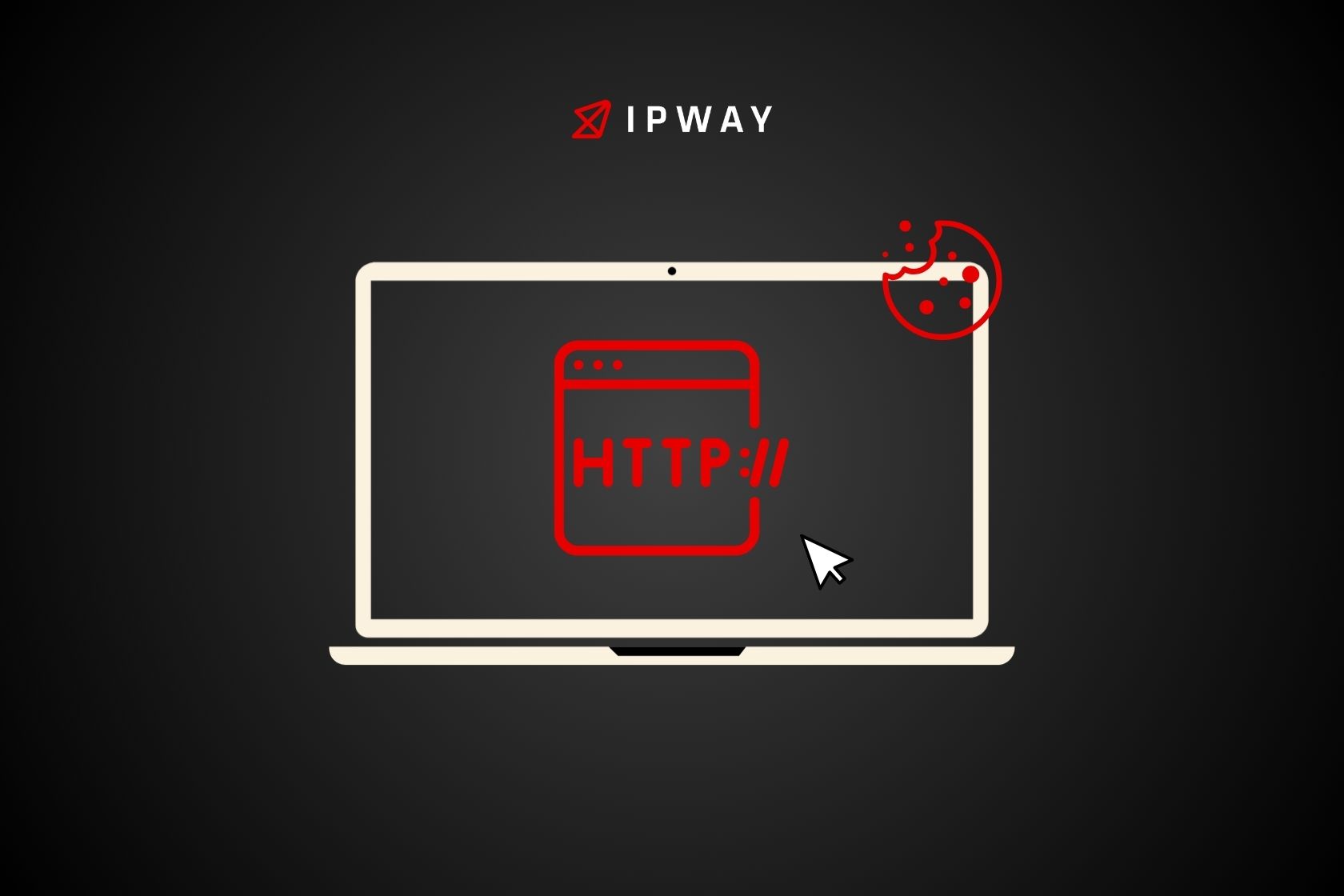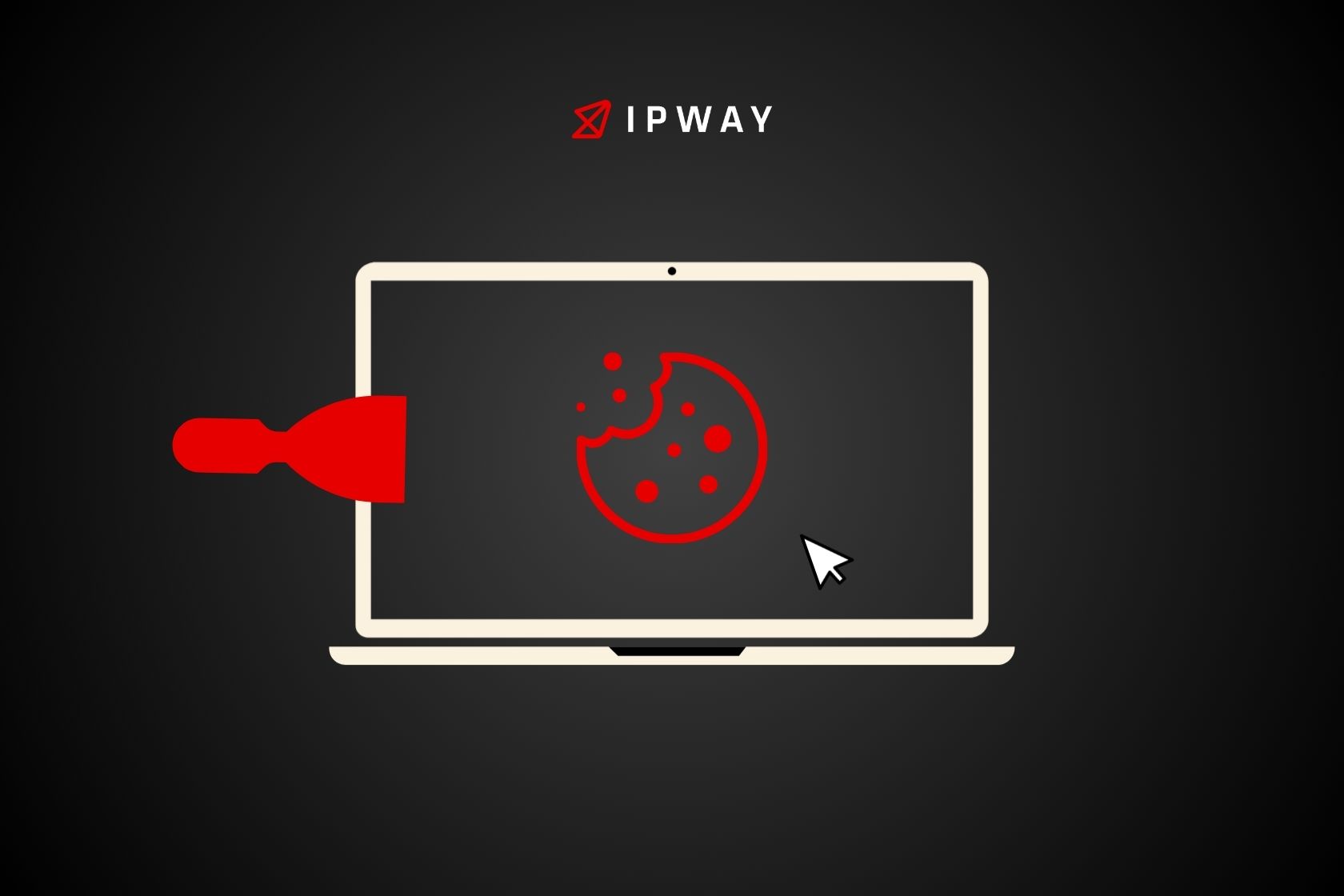HTTP cookies play a role in modern web browsing by improving user experience and ensuring website functionality. Although widely utilized there is a lack of awareness, among individuals regarding the workings of HTTP cookies. This piece seeks to unveil the mystery surrounding HTTP cookies by elucidating their functions, variations, advantages and disadvantages.
Furthermore we’ll delve into the significance of HTTP cookies in web scraping, a method, for gathering and analyzing data. Whether you’re an user of the internet or a web developer grasping the concept of HTTP cookies can assist you in navigating the online realm more efficiently and making well informed choices regarding your privacy.
What are HTTP Cookies?
Web cookies, often known as cookies are bits of information saved by a web browser on a users device. Whenever you browse a website the site can send cookies to your browser, where they get stored and later sent back, to the server when you return. This sharing of data assists websites in recalling your preferences login information and other customized configurations.

Cookies play a role in handling sessions monitoring user activity and retaining details regarding users engagements on websites. They are vital for upholding the status of an application facilitating features, like shopping carts, customized suggestions and persistent logins.
What are HTTP cookies used for?
HTTP cookies serve several key purposes, each enhancing the functionality and user experience of websites:
Session Management: Cookies play a role, in preserving user sessions enabling users to remain logged in while browsing various pages on a website. If cookies were not utilized users would need to input their login information whenever they switch to a different page.
Personalization: Websites use cookies to save user preferences allowing them to offer customized content and recommendations reflecting engagements. This may cover language choices, theme preferences and personalized product recommendations.
Tracking and Analytics: Cookies are employed to monitor user actions and collect information on how visitors engage with a website. This data plays a role, in web analytics aiding website owners in comprehending user behaviors and enhancing their sites functionality and user experience.
Advertising: Cookies play a role, in showing personalized ads. By monitoring how users browse online cookies help advertisers show ads that match the users interests ultimately boosting engagement and conversions.
Types of Cookies
There exist forms of HTTP cookies each, with its own unique purposes. Understanding these types is crucial for managing cookies effectively:
Session Cookies: These cookies are temporary. Will be removed once the browser is closed. They help in overseeing user sessions by monitoring user interactions within a browsing session.
Persistent Cookies: Unlike session cookies, persistent cookies remain on a user’s device until they expire or are manually deleted. They are used to remember login details, preferences, and settings across multiple sessions.
Third-Party Cookies: Cookies from domains, not the one the user is currently on are commonly utilized for tracking and advertising. They enable site tracking to collect information, on user behavior across various websites.
HTTP-Only Cookies: These cookies can only be accessed using the HTTP protocol, which prevents JavaScript on the client side from interacting with them. This added layer of security makes HTTP only cookies less vulnerable, to site scripting (XSS) attacks.
Secure Cookies: Cookies that are secure are sent exclusively through HTTPS connections, which means the information inside them is encrypted and less susceptible, to being intercepted by individuals.
HTTP cookies – pros and cons
HTTP cookies provide advantages but they also have some downsides. Knowing these positives and negatives can assist users and developers in making informed choices regarding their utilization.
Pros
Enhanced User Experience: Websites can use cookies to remember user preferences and login information creating an customized browsing experience.
Improved Site Functionality: Cookies play a role in enabling features, like online shopping carts, user logins and tailored content delivery.
Data Collection for Analytics: Cookies help website owners gather valuable data on user behavior, which can be used to improve site performance and user experience.
Targeted Advertising: Advertisers use cookies to show ads tailored to users online behavior making advertising campaigns more targeted and impactful.
Cons
Privacy Concerns: Cookies have the ability to monitor how users behave on websites, which can lead to worries regarding privacy and the security of personal data. Users might feel uneasy, about the extent of information being gathered about them.
Security Risks: While HTTP only and secure, cookies provide security measures they can still be susceptible to specific threats, like cross site scripting (XSS) and cross site request forgery (CSRF).
Data Storage Limitations: Web browsers usually have restrictions on the quantity of information that can be saved in cookies, which might pose a challenge, for applications needing data storage.
Performance Issues: Using many cookies can cause problems with how well a website works, because web browsers have to handle and send cookie information every time they make a request or get a response, over the internet.
HTTP Cookies in web scraping
When engaging in web scraping it’s important to act like a human to avoid detection. Web servers can mark web scraping as bot behavior, which raises the chances of your scraper getting blocked. Even if you don’t get blocked you might still encounter error messages from the websites you’re targeting.

As mentioned earlier websites send HTTP cookies. Properly managing these cookies is vital for web scraping. It’s crucial to use the cookies when sending requests to web pages in order to access the necessary data. If you try to access a page without the cookies, from the main site your web scraping activities are likely to be flagged as suspicious.
How Cookies are used in web scraping
Session Management: Web scraping tools utilize cookies to sustain sessions allowing for data retrieval without the need for frequent re logging. This functionality proves crucial when extracting information, from websites that mandate user authentication.
Handling Authentication: Numerous websites utilize cookies, for handling user authentication. Through the storage and utilization of cookies web scrapers are able to circumvent login pages and reach restricted content.
Bypassing Rate Limits: Certain websites use rate limiting to avoid many requests, from one IP address. By handling cookies web scrapers can imitate actions and spread out requests more evenly decreasing the chances of getting blocked.
Challenges and Considerations
Legal and Ethical Issues: Using cookies to gather data could lead to ethical issues especially if the information collected is sensitive or if the websites terms of use forbid data collection. It’s crucial to make sure that any web scraping actions align with laws and rules.
Dynamic Content: Websites with dynamic content loading, like through JavaScript can create difficulties for web scrapers. Managing cookies, in these situations calls for methods to handle asynchronous requests and responses.
Anti-Scraping Measures: Numerous websites use methods to prevent scraping, like CAPTCHAs and blocking IP addresses. Proper handling of cookies and employing tactics such, as rotating proxies can assist web scrapers in tackling these obstacles.
Conclusion
HTTP cookies play a role in online browsing by providing personalized experiences, managing sessions and delivering targeted ads. Despite their advantages cookies raise privacy and security issues. Recognizing the cookie types and their purposes empowers users and developers to make informed choices on how to handle and leverage cookies efficiently.
When it comes to web scraping cookies are essential, for keeping sessions active and getting into content.. It’s crucial to think about the legal and moral aspects of web scraping and make sure you follow the rules.
To enhance your browsing experience safeguard your privacy and make the most of cookies for purposes it’s important to grasp the concept and usage of HTTP cookies while surfing the internet.
Discover how IPWAY’s innovative solutions can revolutionize your web scraping experience for a better and more efficient approach.
